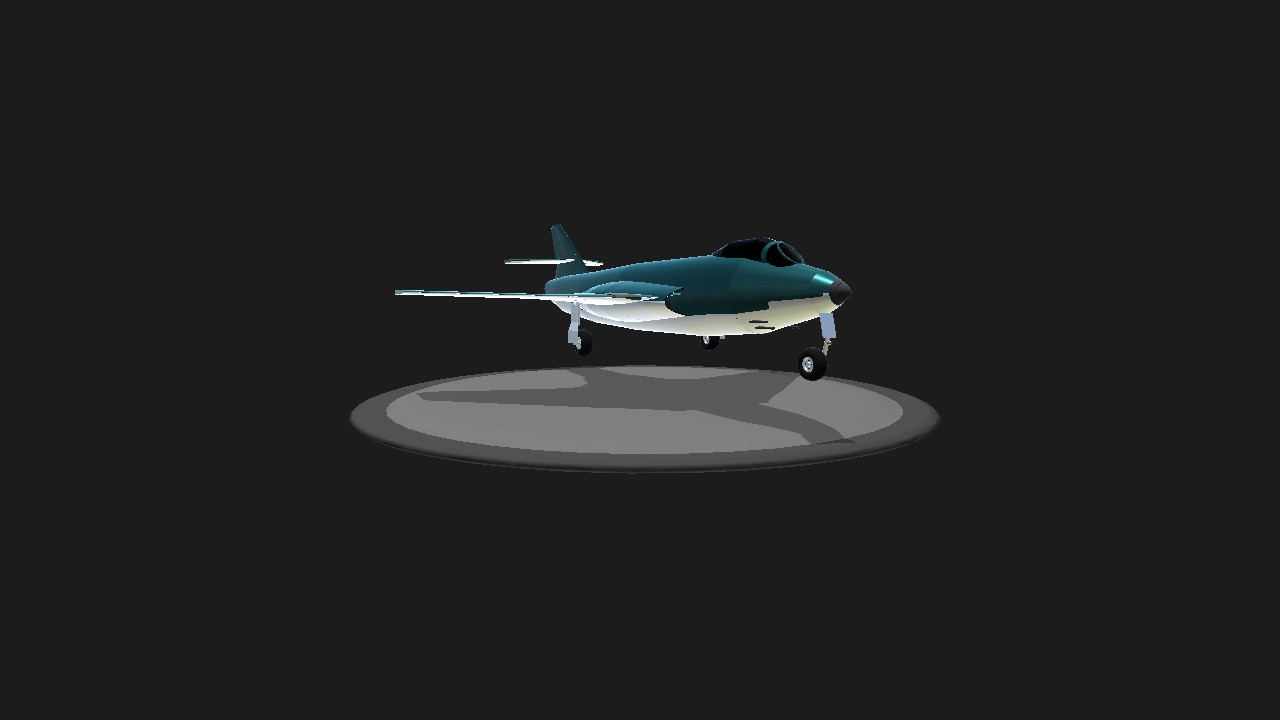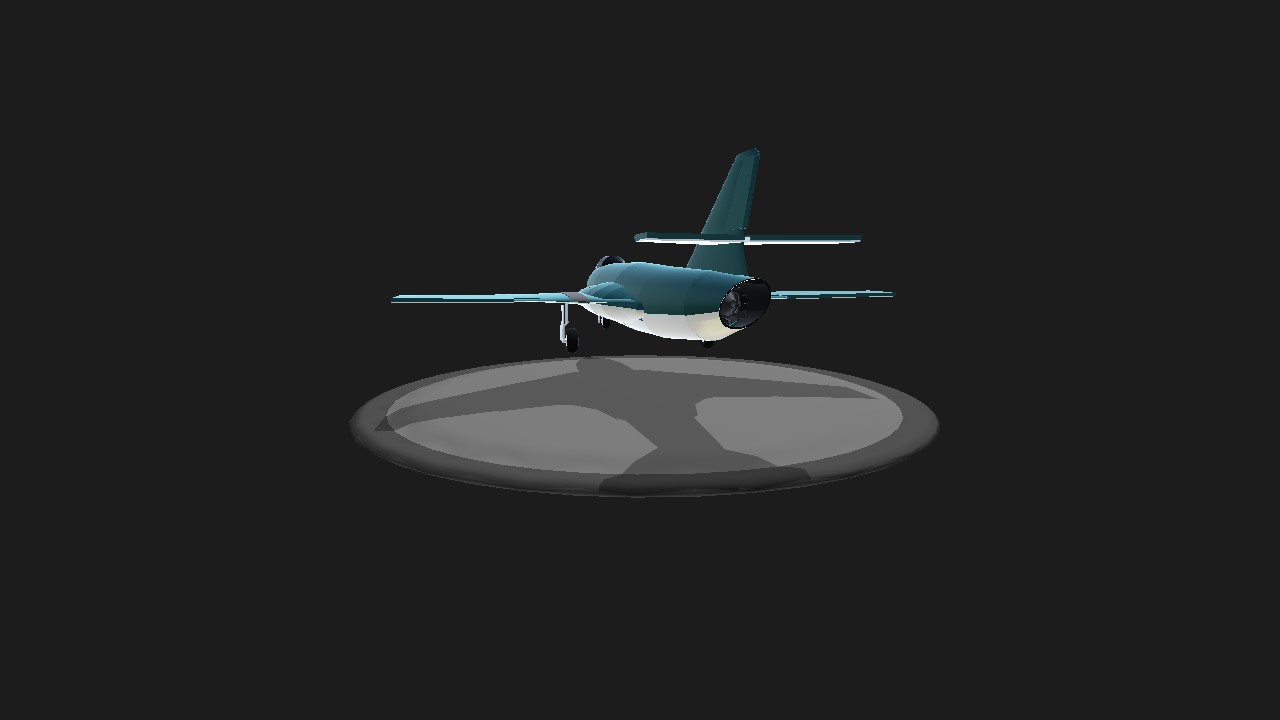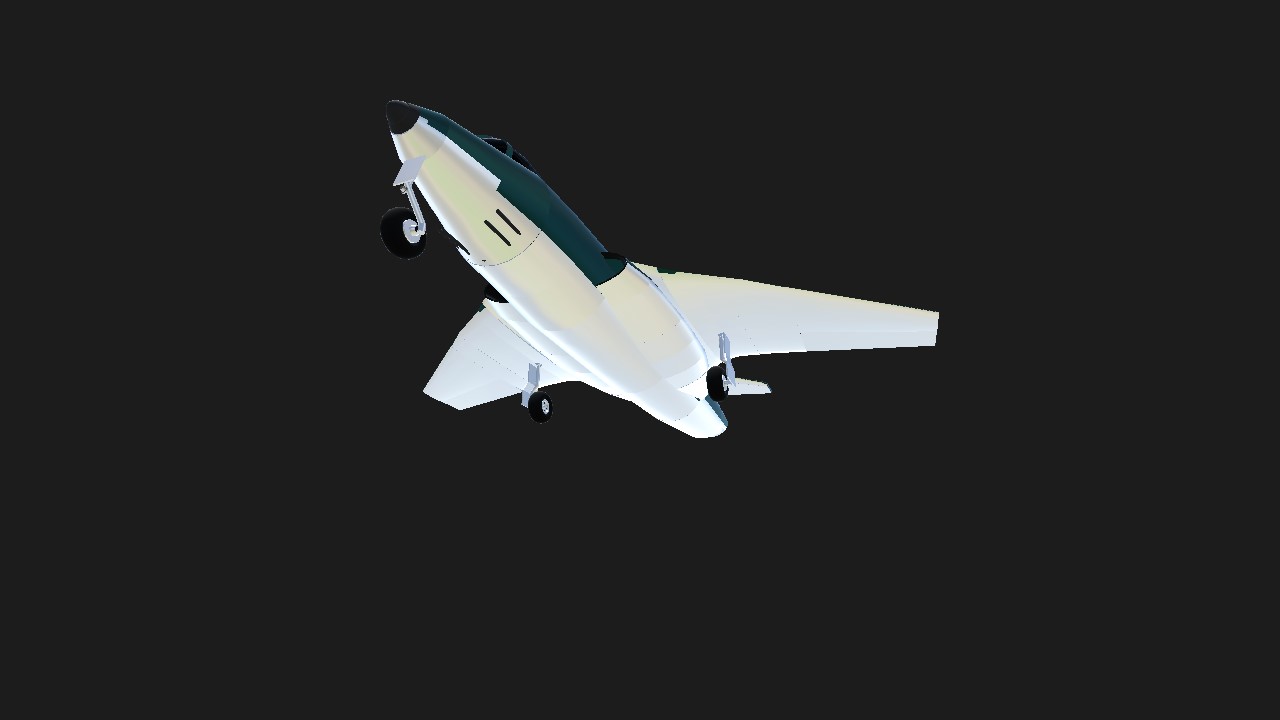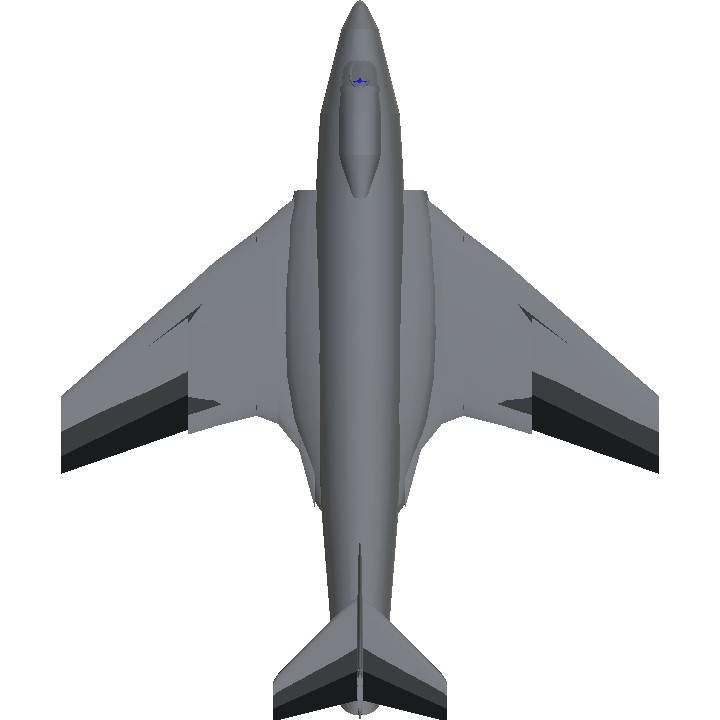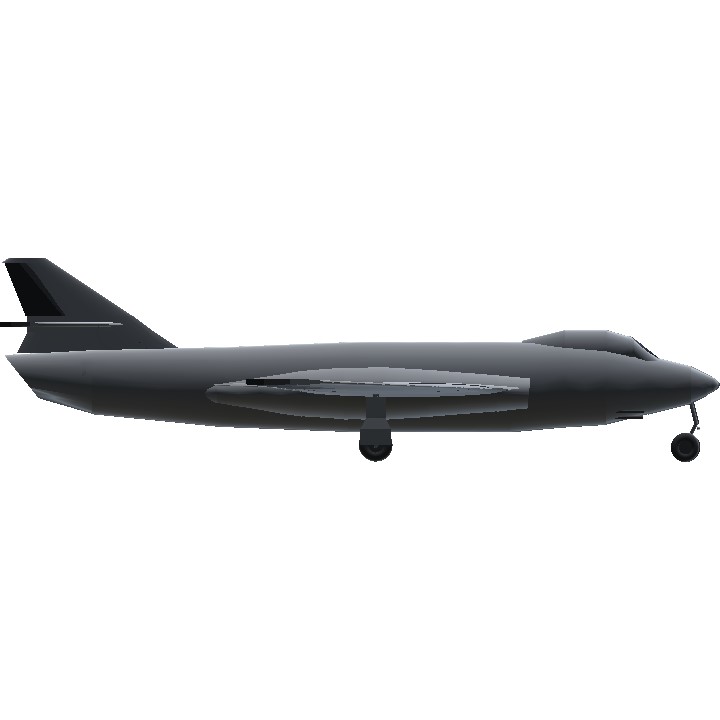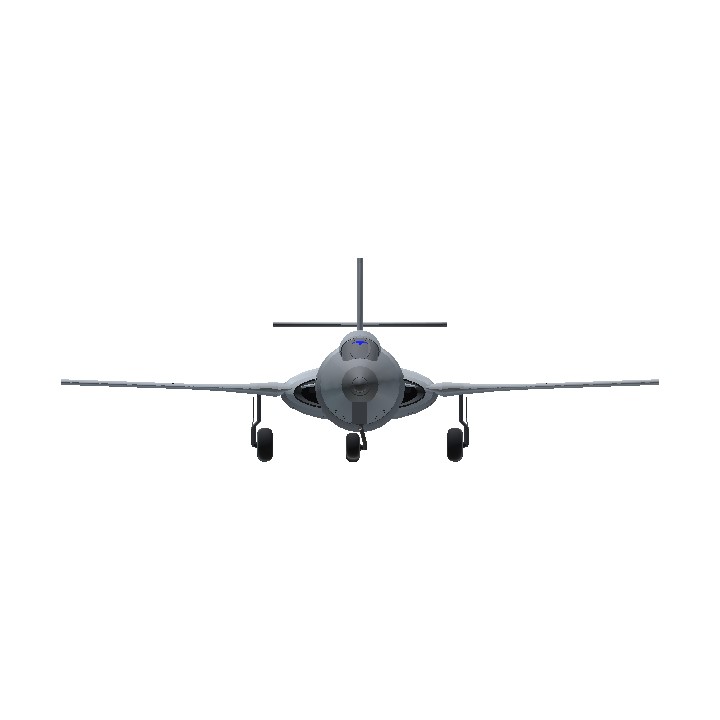--------------------History--------------
Design and development
In 1949, the Royal Australian Air Force (RAAF) began assessing replacements for two fighters built in Australia: the Mustangs built by Commonwealth Aircraft Corporation (CAC) and Vampires of De Havilland Australia (DHA). A series of designs were considered, including the Grumman F9F Panther and the CAC CA-23 – an unconventional, twin-jet all-weather design by CAC.
Hawker Aircraft also submitted a proposal, for a swept-wing, swept-tail fighter based on the Hawker P.1052, but using a Rolls-Royce Tay engine. Work began to modify the second prototype of the P.1052 (VX279) along these lines, although the Rolls-Royce Nene engine already fitted was initially retained. To allow an afterburner, the bifurcated tail-pipes of the P.1052 was replaced by a single tail-exit pipe.
VX279, which was now the prototype P.1081, took to the air on 19 June 1950. CAC, evidently planning to build any design accepted by the Australian government, assigned the serial number CA-24 to the P.1081.
By mid-1950, however, the RAAF urgently required a
replacement for its Mustangs, some of which were in action in Korea and faced the possibility of clashes with MiG 15s. The P.1081 could not realistically become operational within the time frame required; in November 1950, Hawker decided to cease development. Likewise, the US-built North American F-86 Sabre could not be delivered to the RAAF for at least a few years. As a stop-gap, the RAAF ordered the ready-made Gloster Meteor F.8. CAC instead built a more powerful, Rolls-Royce Avon-engined variant of the F-86 a project which resulted in the CAC Sabre.
The P.1081 prototype, which had remained in the UK, was handed over by Hawker to the Royal Aircraft Establishment (RAE). Its swept tail increased the Mach number above that of the P.1052 into the Mach 0.9-0.95 region, providing valuable data that contributed to the design of the axially-powered Hawker Hunter.
----------------Controls-------------
Regular plane conrols
-----------------Stuff--------------
-The irl design did not have guns.
Specifications
Spotlights
- HeavyC22 4.8 years ago
General Characteristics
- Created On Mac
- Wingspan 46.3ft (14.1m)
- Length 55.7ft (17.0m)
- Height 15.8ft (4.8m)
- Empty Weight 19,481lbs (8,836kg)
- Loaded Weight 28,177lbs (12,781kg)
Performance
- Power/Weight Ratio 3.588
- Wing Loading 39.0lbs/ft2 (190.5kg/m2)
- Wing Area 722.4ft2 (67.1m2)
- Drag Points 7375
Parts
- Number of Parts 153
- Control Surfaces 9
- Performance Cost 669

